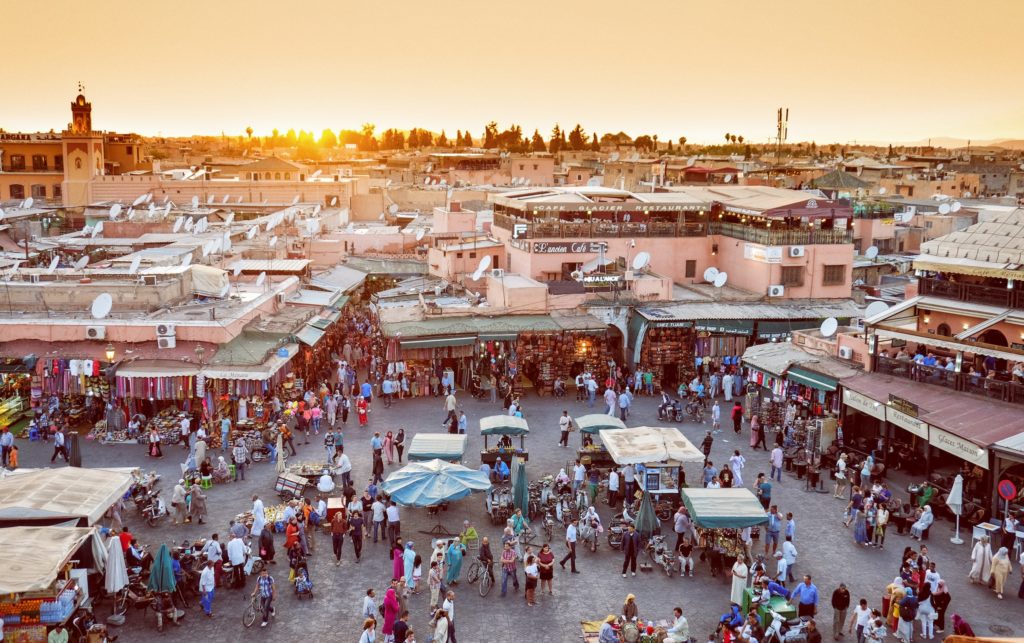Morocco’s government has been committed to economic liberalization for a few years. To encourage more enterprise in the region, the country’s investment regulations have been streamlined. New legislation has been enacted to promote the growth of both domestic and foreign private businesses. Morocco has also negotiated free trade agreements with the European Union, the United States of America, Turkey, and Arab and Mediterranean countries.

Types of companies in Morocco
Expatriates in Morocco can form any type of company they want; nevertheless, LLCs (SARL) and outsourced solutions are the most popular among them. Keep in mind that you’ll need a valid residency permit to start a business in Morocco as an ex-pat. Many expatriates who want to start a business in Morocco do so in their home country or another country of their choice, and then set up a branch or satellite office in Morocco because of the low rent and expenses compared to other countries.
How to start
You must first choose a name for your company. To start a business in Morocco, you must first obtain a certificate. This is the document that will be used to identify and register your company (known as a negative certificate). To do so, you must submit the following documents to the Moroccan Industrial and Commercial Property Office:
- A charge of 230 Dh,
- Certificate having a negative result (filled with 3 possible trademarks, which you can withdraw from the CRI or OMPIC counter),
- 3 notarized copies of your ID or passport,
- A formal request letter.
It’s also a good idea to have a business strategy in place that you’ll have to demonstrate to the authorities. Following that, you’ll need to establish your business status with a notary or a law firm, as well as allotment letters and transfer actions (necessary documents for this step vary depending on the law firm) (these function mainly as a promise of financial contribution by associates to the company capital). Then you’ll need to set aside the amount of paid-up money you’ll need to start your business.
The next step is to have the declaration of share assignment and remittance drawn up by a notary or law firm after you’ve presented them with the bank paperwork demonstrating capital blockage.
Submission of application
You must visit the Regional Tax Directorate, which is the Regional Investment Center, within 30 days to register your business and provide your business documentation. Within these 30 days, you must additionally present a lease or a registered purchase deed. It’s worth noting that the fees vary depending on the sort of business.
Blocking the paid-up capital and other paperwork
Blocking the paid-up capital within 8 days of fund receipt is the final important step before acquiring a license. The bank will deliver a certificate of blocking, which will be required, along with the ballots drawn up by the notary, to deposit the acts of business formation and registration formalities at the RCI.
Keep in mind that the process and paperwork required for L.Cs, L.L.Cs, and law firms may differ. Checking the required documents and concerned entities on the website of the appropriate government agency is a good way to go (information is available in English as well).
Obtaining a license
After you’ve accomplished all of these requirements, go to the Regional Taxes Directorate and get a license and a tax ID. You’ll need to show your approval letter for regulated financial operations you plan to conduct in Morocco, a classified establishment agreement, and your acquisition lease or debit note.
Finally, you must seek a business license from the Commercial Court. If you plan to hire employees, you’ll also need to register your business with the National Fund for Social Security.







